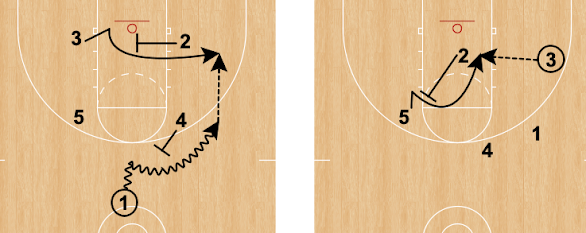2006 Middlesex All-League team included future WNBA player Shey Peddy (far left) with Melrose teammates Paula and Karen Sen
While reading with my girls, my 7 year old quietly says “Mama? We’re having a tiny moment right now.”“Hmm? How so?” I ask.
— NurseKelsey (she/her) 🌈✨🎉❤️🏳️🌈 (@nursekelsey) September 29, 2022
“Today my teacher said life is all tiny moments. You can write stories about tiny moments. Tomorrow I’m going to write about us, together, right now.” ❤️
Help make "moments of quality" for players, teams, and communities. They happen with and without us. They happen on and off the court.
In Above the Line, Urban Meyer described "crossing the red line," onto the playing field. Be ready, fully engaged at practice or games. The "red line" exists everywhere:- Walking into the library
- Entering the classroom
- Opening a book
- Getting out of the car at work
- Starting an audition
- Write a gratitude note to a mentor, peer, subordinate.
- Share with other coaches.
- Study video.
- Read within and outside our specialty areas.
- Revise and edit our drill book, play book, teaching files.
- Mentor a young coach.
- Mindfulness builds learning and memory, reduces stress hormones
- Reflect on identity. "This is who I am."
- Reflect on performance. "This is how we do it."
- Cement confidence with a mental highlight reel. Visualize success.
- Teach others strategies like these for mental toughness.
Make small moments of quality.
Lagniappe. "I can do this."
“Discipline is a mindset of who you
— Drew Maddux (@DrewMaddux) September 30, 2022
are. It’s how you live your life —
It’s how you do everything that you
do.”
-Nick Saban
pic.twitter.com/2py6iqnYSZ
Lagniappe 4. "Mouse in the house" from horns.
THE horns set for when you realize, "He's too small." pic.twitter.com/YSFhDxIiDM
— Coach Tony Miller (@tonywmiller) September 29, 2022

















